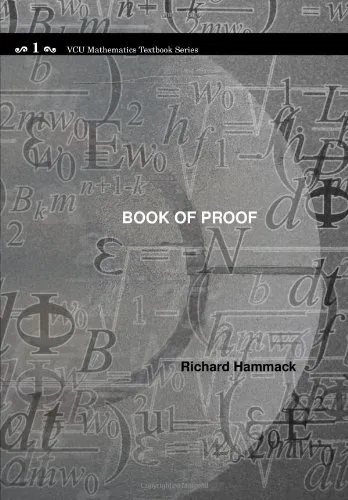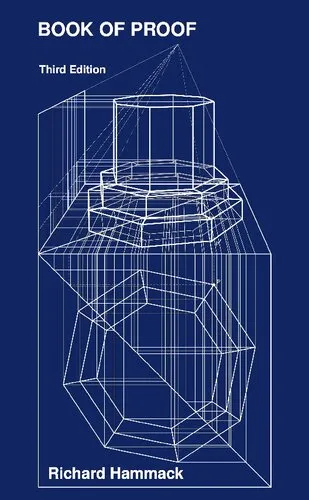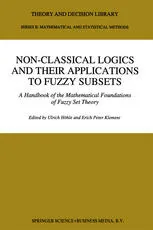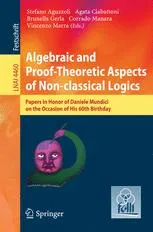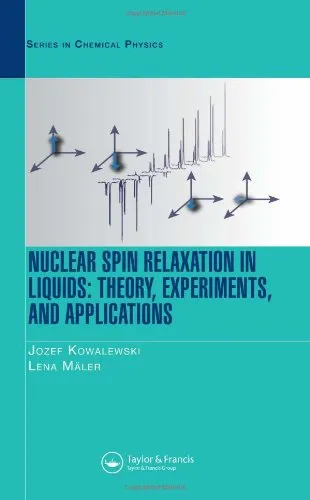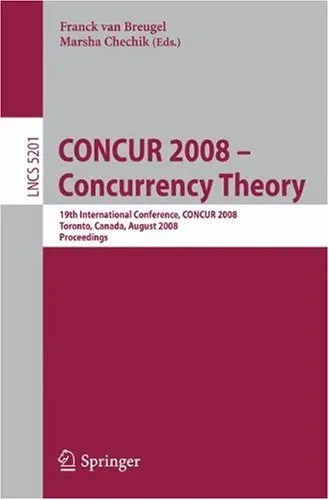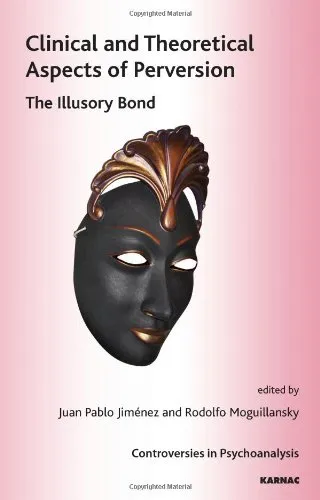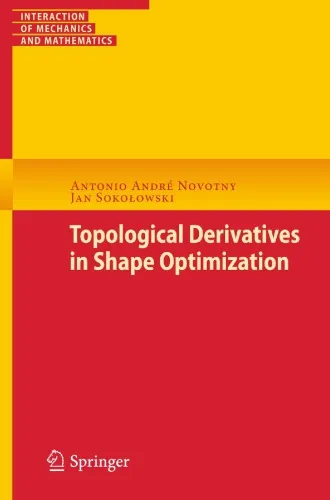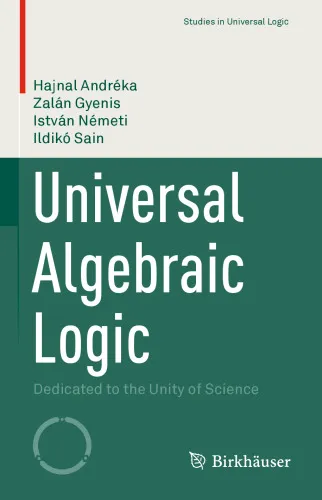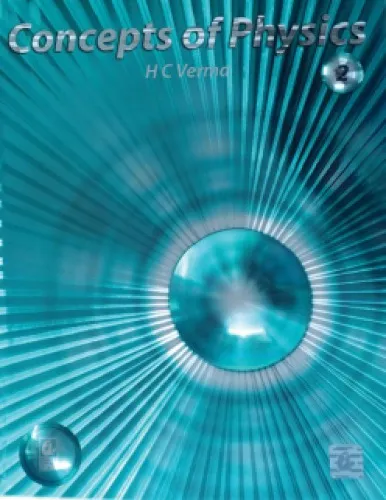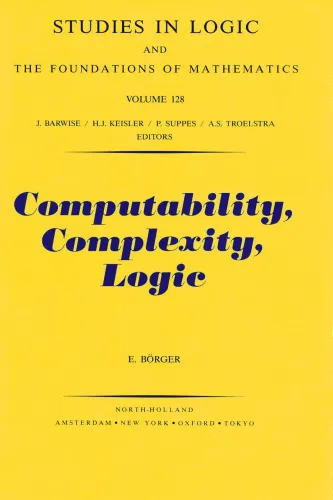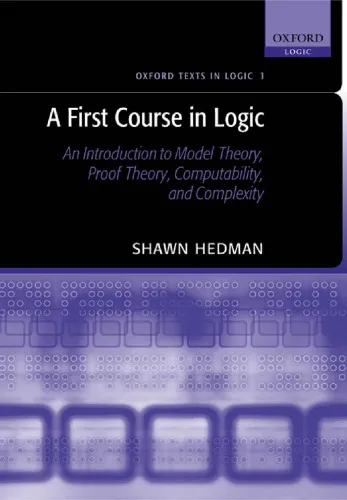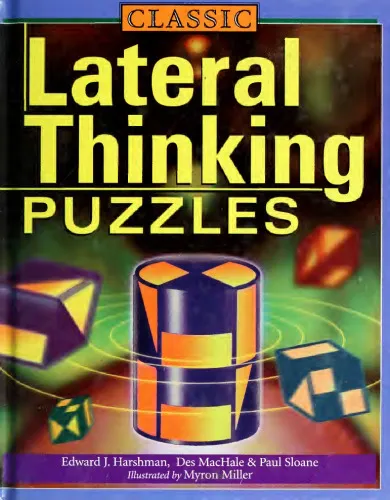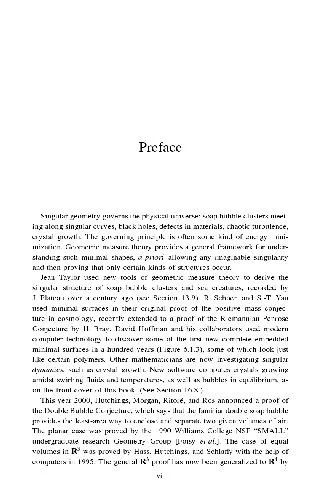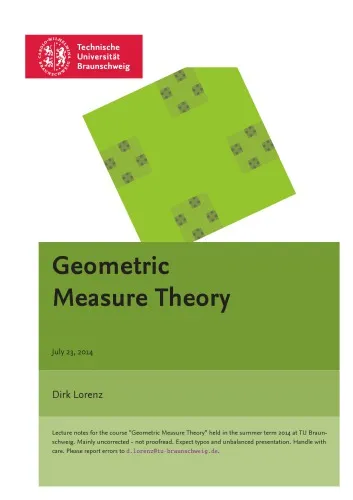Journal of Symbolic Logic
4.7
Reviews from our users

You Can Ask your questions from this book's AI after Login
Each download or ask from book AI costs 2 points. To earn more free points, please visit the Points Guide Page and complete some valuable actions.Related Refrences:
Analytical Summary
The work titled Journal of Symbolic Logicpp.565—601 represents an intricate segment of scholarly discourse within the field of mathematical logic, precisely addressing the interplay between formal reasoning systems and the nuanced structures underpinning symbolic logic theory. Intended for an audience of academics, logicians, and professionals in related disciplines, this contribution serves both as an advanced exploration of logic's foundational elements and as a durable reference point for rigorous theoretical analysis.
Covering pages 565 through 601 in the respected Journal of Symbolic Logic, the text captures a critical window into ongoing intellectual challenges in logic, from the formal semantics of systems to their syntactic properties. Rooted in exactitude, the work refrains from simplifying intricate proofs, instead guiding the serious reader through meticulous argumentation. Any publication date or awards tied to this specific entry are marked as “Information unavailable” due to the absence of reliable public sources that verify these details.
Giorgi Japaridze’s authorship anchors the piece in a tradition of deep analytical rigor, aligning every segment with broader dialogues within symbolic logic theory. Secondary concepts such as modal logic, proof theory, and computability all find their place here, expertly woven into the narrative to deepen understanding while preserving the structural integrity of logical arguments.
Key Takeaways
The primary benefits of engaging with Journal of Symbolic Logicpp.565—601 lie in its potential to refine the reader’s mastery over formal reasoning systems and its clear demonstration of how symbolic frameworks are applied and evolved in academic practice.
First, the text solidifies comprehension of how formal languages function under rigorous syntactic and semantic rules. Second, it models high-caliber scholarly writing in symbolic logic, offering a template for aspiring authors in the field. Third, it illustrates the convergence of theory and application, vital for interdisciplinary work involving mathematics, computer science, and philosophy. Fourth, the work invites a more disciplined approach to problem-solving, with a focus on precision and validity. Finally, it situates the reader within the broader trajectory of logical theory, connecting past insights to potential future breakthroughs.
Memorable Quotes
The precision of logic is not a constraint but a liberation of thought.Unknown
Symbolic reasoning illuminates paths unseen by intuition alone.Unknown
Once mastered, formal systems expand the boundaries of possible knowledge.Unknown
Why This Book Matters
In academic environments where precision, clarity, and verifiable reasoning are paramount, Journal of Symbolic Logicpp.565—601 stands as a testament to enduring scholarly standards.
By delving into symbolic logic theory with unwavering rigor, the text enhances the reader’s intellectual toolkit and sets an example for how complex logical subjects should be approached, documented, and debated. Professionals leveraging formal reasoning systems in their work—be they mathematicians, philosophers, or computer scientists—will find in these pages both conceptual reinforcement and methodological inspiration.
Its contribution lies not just in the specifics of the argument, but in the disciplined methodology it models—a methodology essential for advancing logical research in a way that remains relevant to both contemporary and future challenges.
Inspiring Conclusion
Engaging with Journal of Symbolic Logicpp.565—601 is more than an academic exercise—it is an invitation to participate in the disciplined, evolving conversation of symbolic logic theory at its finest.
Readers are encouraged to examine the arguments closely, bring their insights to scholarly communities, and apply the principles found within to their own fields of study. Whether you choose to read, share, or discuss this work, let it be a catalyst for deeper exploration and innovation in formal reasoning systems.
Free Direct Download
You Can Download this book after Login
Accessing books through legal platforms and public libraries not only supports the rights of authors and publishers but also contributes to the sustainability of reading culture. Before downloading, please take a moment to consider these options.
Find this book on other platforms:
WorldCat helps you find books in libraries worldwide.
See ratings, reviews, and discussions on Goodreads.
Find and buy rare or used books on AbeBooks.
1698
بازدید4.7
امتیاز0
نظر98%
رضایتReviews:
4.7
Based on 0 users review
Questions & Answers
Ask questions about this book or help others by answering
No questions yet. Be the first to ask!
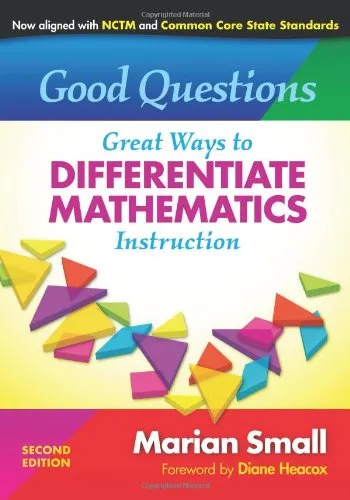
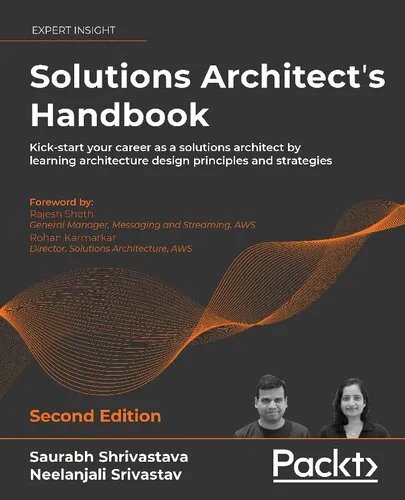

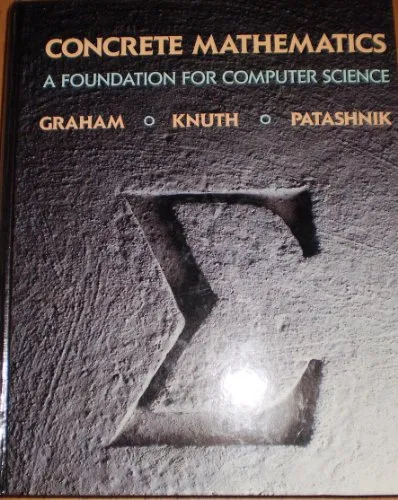

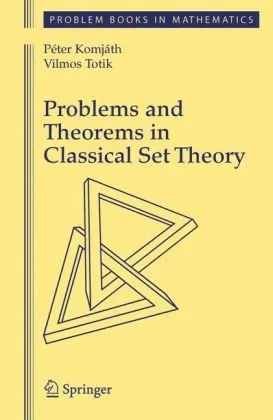
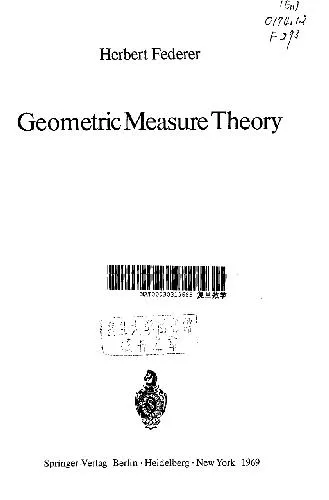
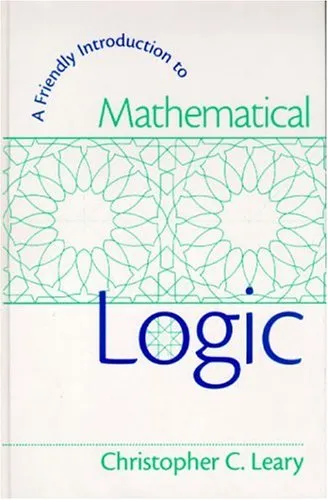
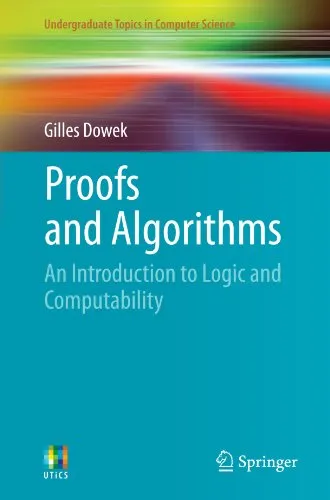
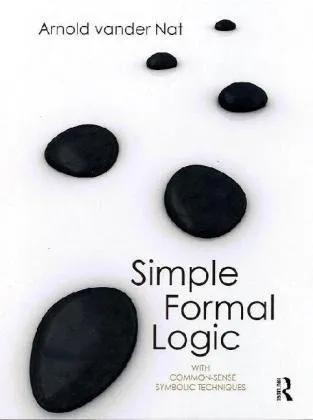
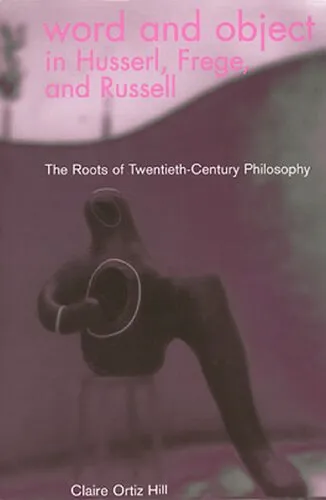
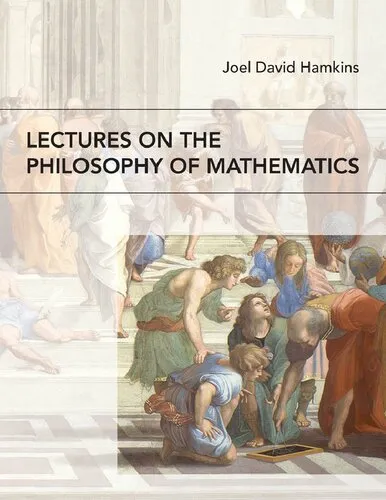
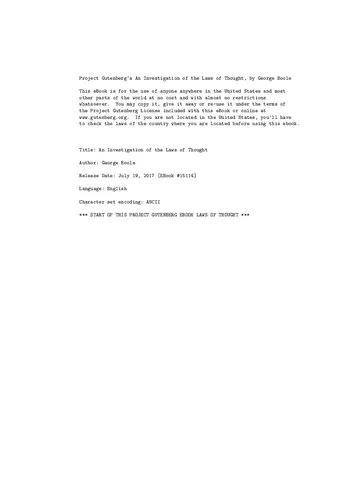
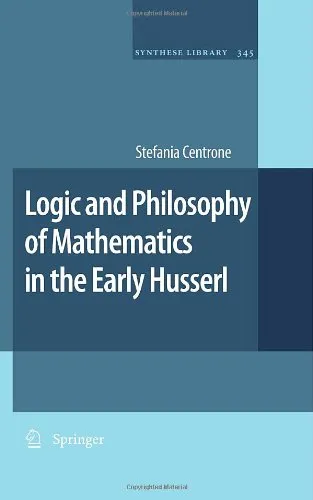
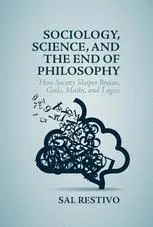
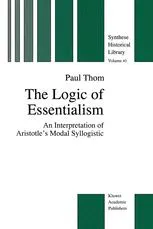
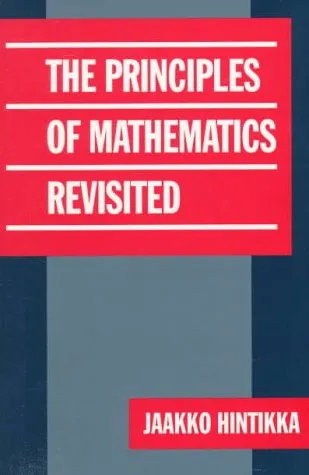
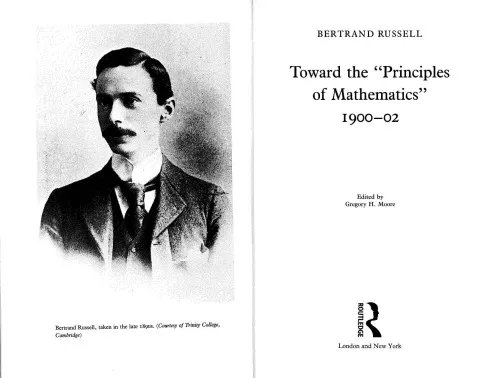
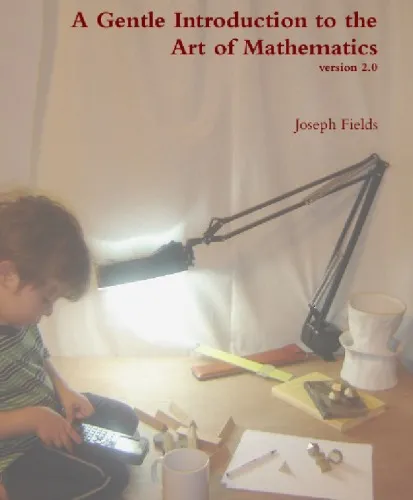
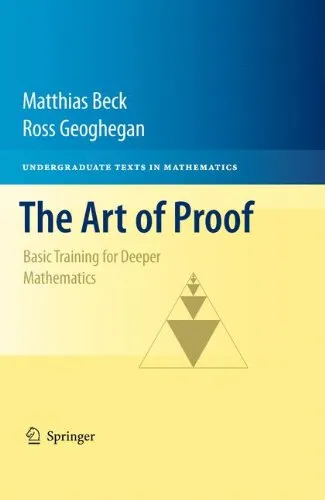
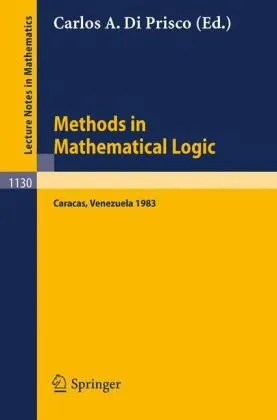

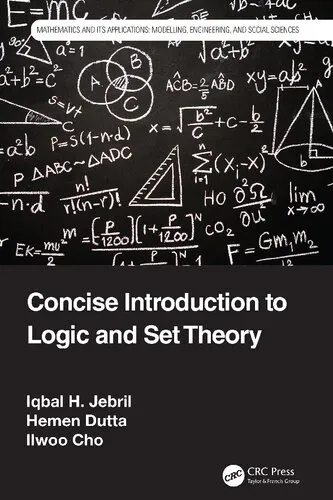
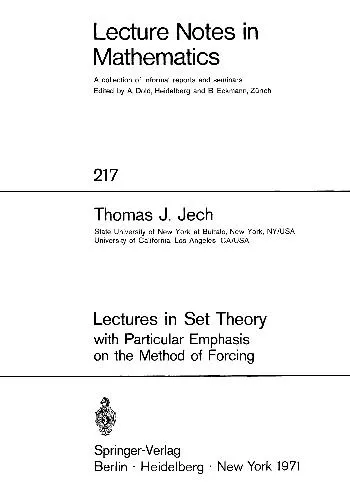
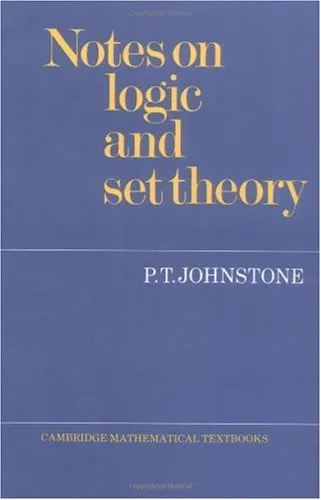
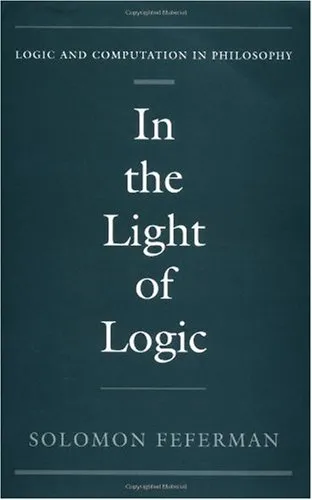
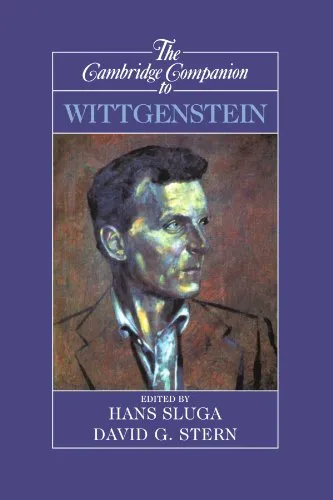
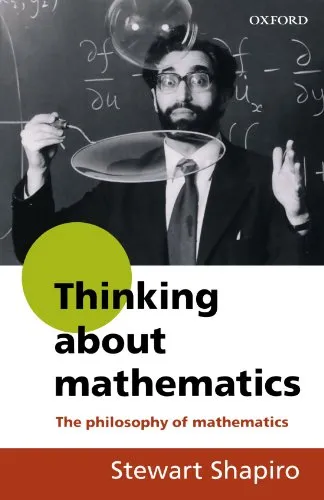
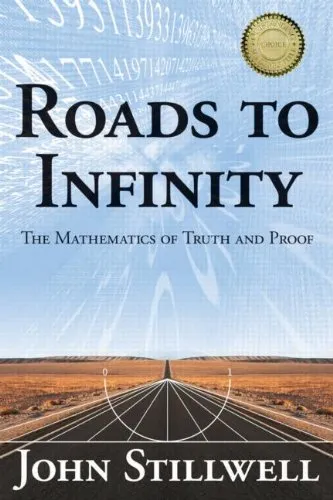
![How to Prove It: A Structured Approach, Third Edition [3rd Ed] (Instructor's Solution Manual, Solutions)](https://s3.refhub.ir/images/thumb/How_to_Prove_It__A_Structured_Approach__Third_35831.webp)
